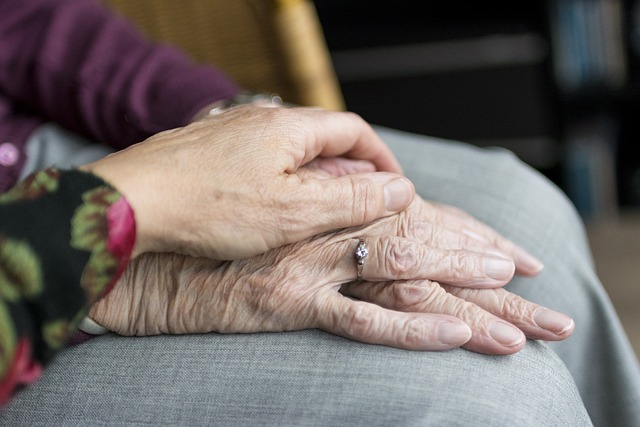As a means of showing love for your aging loved ones, many of us take on the responsibility of caring for them ourselves. Providing quality senior care at home requires careful consideration and planning to ensure their comfort, safety, and overall well-being.
This article will explore essential tips that can help families navigate the challenges of providing optimal care for their elderly loved ones.
If you are already caring for a senior or preparing to do so, these insights will prove invaluable.
Creating a Safe and Comfortable Environment
- Prioritize safety by ensuring the home is free from hazards such as loose rugs, cluttered walkways, and slippery surfaces.
- Grab bars in the bathroom and other possible modifications to the house to make it more accessible (like ramps and stairlifts) should be thought about.
- Prevent slips and falls by ensuring there is adequate lighting in the house.
- Ensure the senior’s living space is comfortable, with a supportive mattress, appropriate room temperature, and cozy furnishings.
- For families looking for additional support, exploring independent living options can be a great choice. You can easily find trusted independent living communities in Phoenix that offer a variety of services and amenities to help seniors maintain their independence. These communities provide a supportive environment, ensuring that elderly individuals have access to social activities, healthcare, and daily assistance when needed.
Addressing Health and Medical Needs
- Regularly consult with healthcare professionals to monitor and address the senior’s medical needs.
- Keep medications organized and establish a reliable system for medication management.
- Arrange regular appointments for check-ups, screenings, and vaccinations.
- Provide a nutritious diet and encourage regular exercise to promote good physical health.
- Educate yourself about common health conditions and potential warning signs. For example, ask yourself, does my loved one have dementia? Then seek professional guidance if necessary.
Promoting Emotional Well-being
- Engage in regular social activities to prevent feelings of isolation or loneliness.
- Encourage participation in hobbies and interests that bring joy and fulfillment.
- Provide emotional support and active listening to address any concerns or fears.
- Foster a sense of independence and respect their autonomy as much as possible.
Establishing Effective Communication
- Practice active communication by listening attentively and responding with empathy.
- Use clear and simple language to avoid confusion or misunderstanding.
- Be patient and understanding, allowing time for the senior to express their thoughts and feelings.
- Encourage open dialogue among family members to ensure everyone is on the same page.
Providing Assistance with Daily Activities
- Find out what kind of help the elderly person requires with things like getting dressed, eating, and bathing, and give it to them.
- Consider hiring professional caregivers or home healthcare services for additional support.
- To facilitate independence, install assistive devices such as handrails, shower chairs, or reachers.
Self-Care for Caregivers
- Caregiver burnout can negatively affect service quality, so it’s important to take care of your physical and mental health.
- If you need help taking care of someone, talk to your loved ones or join a group.
- Set boundaries and allocate time for personal activities and relaxation.
- Consider respite care options to give yourself periodic breaks.
Conclusion
Caregiving for an elderly relative or close friend at home is a noble and fulfilling calling, but it is not without its challenges.
If you follow these guidelines, you can give your family member the care they need and deserve. Always remember the significance of ensuring everyone is safe and secure, getting any necessary medical care, encouraging positive emotions, establishing open lines of communication, helping with daily tasks, and making time for self-care.
Doing so will enable you to give your elderly loved one the best care possible, allowing you to keep their independence and pride while improving their quality of life.

